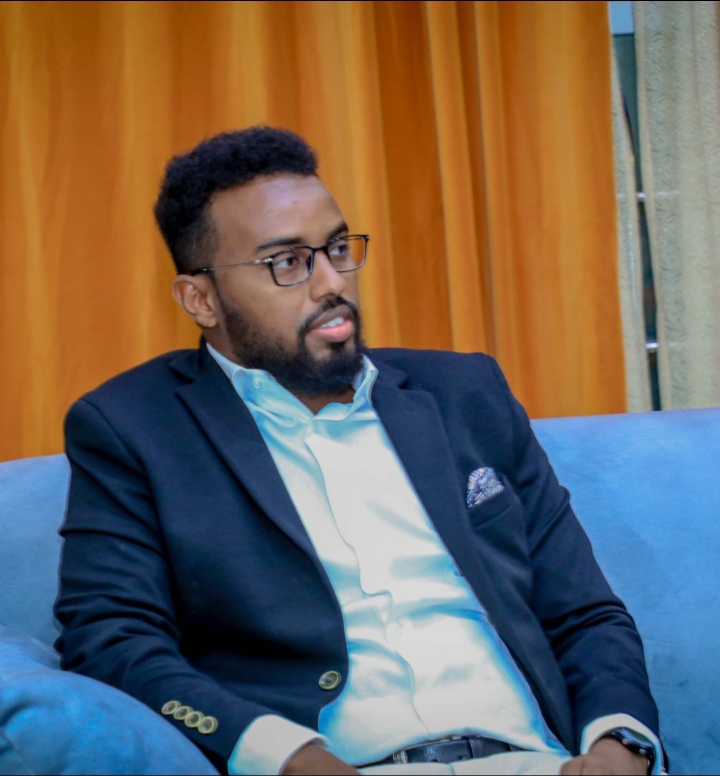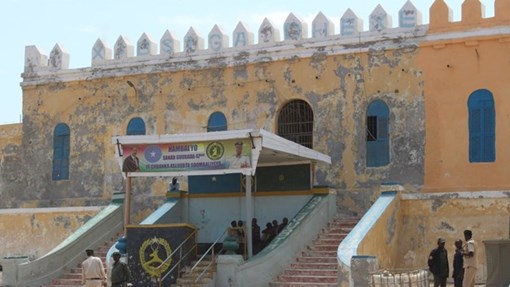Contextual Background
Historically, agriculture is not something Somalia’s state of Puntland is famed for nor associated with. Among Somalis, these are lands known as the country’s barren lands; its desert. There might be a grain of truth in that, as when compared to some of the country’s riverine Southern provinces, Puntland can come across as barren.
But, indisputably, Puntland being the largest federal member state of Somalia and containing the largest of the country’s all 18 provinces, Bari, this sweeping conclusion doesn’t hold water, and the state has land fertile enough to feed its populace. Bari alone has all types of different terrains and diverse soils. For example, the lower parts of Bari, bordering Nugal province, known as Karkaar, are known for their high altitude and cold climates. These parts are often rainy and their soil good for pasture.
Then there’s the Northern parts of Bari, known as Gardafui. These lands have some of the roughest terrains in all of Puntland, are rocky and surrounded by sea all throughout.
Surprisingly however, these lands offer some of the most fertile soil, suitable for growing dates and mangoes, among other fruits. Date production in particular, is what Bari is known for.
These underdeveloped farms, massively in need of technological aid to enhance and increase their produce, still manage to produce the largest amount of dates in all of East Africa.
Uptick in Local Farming Sector
Puntland, which in the years gone by entirely relied on Somalia’s southern provinces for all-things crops, has in the past decade seen a surge in local farming. Local farmers and some businessmen have endeavored to try and locally produce most of what was transported from Jowhar or Afgooye, inside Puntland.
This experiment has largely been successful, as today, Puntland produces most of its crops on her own. Mangoes, bananas, olive and papayas are all grown in the state, which not only encourages local production and creates jobs for the locals, but can be a haven for the state and rest of Somalia alike in the event the country’s two rivers dry up which happens many a time, or droughts hit the Southern farmlands.
Not all the farming in Puntland is confined to Bari, as in Mudug, Roox district near Galdogob produces much-needed crops that feed not only Mudug but Puntland at large.
However, in Garowe, Nugal, where I am, there is an enthusiasm to locally produce the crops households require. Among the pioneers of this is Abdullahi Salad ‘Ilyare’ a businessman that has established a big farm in the city’s outskirts.
This place is primarily used for recreational purposes and is the favored picnic site in the city. It’s a microcosm of what an ideal Agro-pastoral farm could look like, as the source of the meat customers are fed is livestock that grazes and lives on the farm, and the vegetables and fruits in their meals is grown in the same farm.
It Used to be Worse Than This!
11 years ago, when I left Puntland for Borame’s Amoud University to pursue my first bachelor degree of Agriculture, the state of agriculture in Puntland was a lot worse than this. There were no farms in Garowe whatsoever, and crops were entirely brought from the country’s south.
There was no believe within the society that their land can grow any crops, and the universities in the state didn’t have agriculture departments at all.
Now that I came back an expert Agriculture, I have noticed in the society full belief in their ability to sustain their lives relying wholly on their local produce.
Not everything has changed for the better since though, as still, more than a decade later, most if not all universities in the state do not offer agriculture education.
I am the chairman of Green Hope University’s Garowe Campus, and despite us being the only university to offer agriculture studies in the city, we do not get many students keen on studying the subject.
These low enrollment rates are due to a lack of awareness and understanding of the vitality of agriculture and its cardinal effect on the lives of the community. It’s also a reflection of how neglected and undervalued this sector has been over the years.
My Visit to the Puntland’s Ministry of Agriculture
I was among a group of intellectuals who were recently invited to Puntland’s Ministry of Agriculture for the inaugural of the ‘Seed Policy Puntland’ program. That visit was not my only visit to the Ministry, as for the many times I have frequented it, I left there optimistic thanks to the conversations I had with the minister, director and co.
Thankfully, the ministry’s leadership are full of progressive ideas to develop the agriculture sector in Puntland and empower local farmers.
The minister shared with me his big plans to completely revamp Puntland’s agriculture and turn the state into an agricultural powerhouse that secures its own food security and feeds the rest of Somalia.
But they are operating on a very tight budget and lack in resources to make good on all their plans. The funds the international community used to give the ministry, which were little as they were, have for the past two years been politicized by the Federal government as part of their aid weaponization campaign against Puntland, and have not reached the ministry altogether.
This coupled with the insufficient budget allocated for the ministry by the government have led to a delay in the plans and big ideas the minister has to all come to light.
On the long-run, Puntland’s government needs to carve out plans to develop its agriculture, plans that do not include or have in mind any type of international funding. Perpetual reliance on external funding creates a problematic habit of dependence and sows seeds of doubt in one’s ability to forge success on their own.
Universities in Puntland and all educational institutions in the state must also give the sector the importance it deserves, start conducting research on it, incorporate agriculture department to their list of faculties and encourage students to join the faculty.
We at Green Hope University are ahead of the curve when it comes to this, and hope the rest will soon follow suit, as we will all be better off with a Puntland that is an agriculture hub and leads the way in agriculture studies.
About the Author
Mr. Fahad Yusuf, is currently serving as a Rector of Green Hope University Garowe Campus. Yusuf is a Ph.D candidate. He also an agricultural expert. Can easily be reached at Fahadyi844@gmail.com
————————————————————————————————————
Opinions expressed in this article are the author’s own and do not necessarily reflect the editorial policy of Puntland Mirror.






